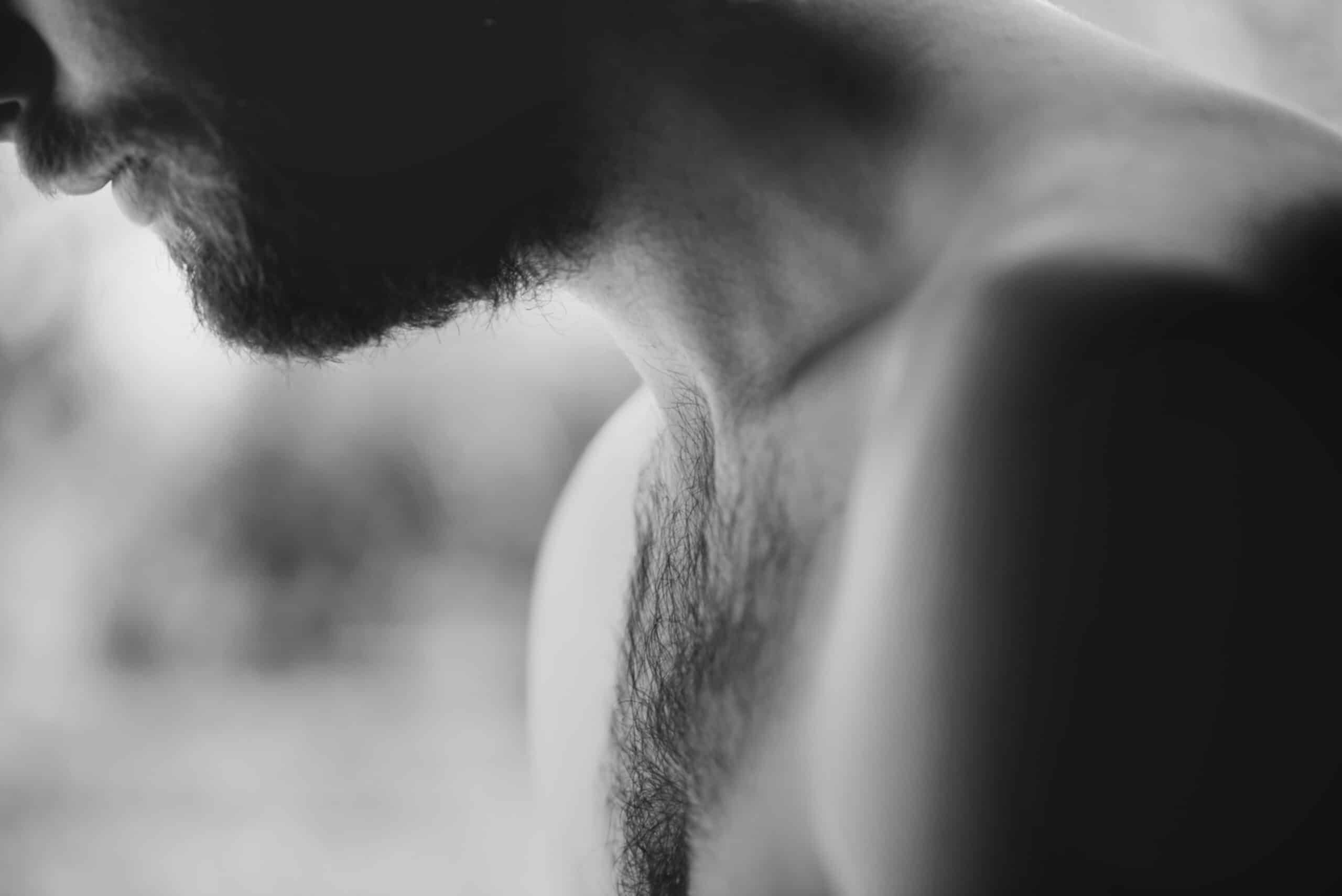
I remember my introduction to the concept of shame. It was a story about two naked adults running scared for their lives and a fiery angel with a flaming sword standing between them and paradise.
Fear. Shame. Rejection. Abandonment.
Pictures say plenty. And even an illustrated "Children's Bible" can be a lot for a little 8-year-old to take.
Of course, I didn’t know those big words back then. All I knew was that if you did something you weren’t supposed to, God would throw you out. And it looked humiliating.
I like to think of shame as a kind of Trojan Horse that burrows its way into the human psyche at opportune moments – usually in childhood, when we’re the most vulnerable.
While seemingly benign, the imagery in that children’s Bible was enough to dig its way into me pretty deeply, setting up a belief that painful consequences were waiting if I did something God said not to do.
You don’t have to be religious to experience shame, though. It’s a universal emotion that everyone has the capacity to experience. And it seems to come with our wiring.
Shame, A Moral Gauge
Researchers June Price Tangney, Jeff Stuewig, and Debra J. Mashek share a definition of moral standards in their study, Moral Emotions and Moral Behavior:
“Moral standards represent an individual’s knowledge and internalization of moral norms and conventions. People’s moral standards are dictated in part by universal moral laws, and in part by culturally specific proscriptions.”
I can’t help but think of my own situation growing up. I had no knowledge of what being gay meant or that it was a “bad” thing until classmates thrust it on me through their taunts.
Shame needs a trigger: the timing of the taunts perfectly coincided my emerging puberty and my having been sexually abused by uncle a couple years prior. It was the perfect shame cocktail.
Now, the moral standards inflicted on me didn’t come through a church sermon. They came via a group of nasty, bratty pre-teens.
One might argue that taunting and bullying with gay slurs doesn’t indicate any kind of moral standard being raised, but I believe kids absorb what they observe from parents, media (and now, social media), etc. – in other words, “culturally specific proscriptions.”
That isn’t to say that every form of shame is a moral indictment, but considering how churches and governments have elevated laws and religious texts to subdue multiple aspects of the gay experience, it’s reasonable to assume shame draws a lot of power from what would be perceived as moral trespass.
The taunts and jeers weren’t because I was being flamboyantly gay. They probably stemmed from how I carried myself, the way I talked (my voice tone was higher and softer), etc. Put another way, things that weren’t stereotypically masculine for a “normal” boy:
“Gay people are different. Gay people are effeminate and wrong. Mom and Dad hate gay people. I hate gay people. I’m going to prove I’m better.”
Incidentally, Anita Bryant was all over the news when this was happening me. Because I was attracted to other boys, I remember feeling all this shame every time I saw her on TV speaking with such hatred against gay people.
I think back to the visual depiction of Adam and Eve in the garden: Rule broken. Shame ensues.
Shame, A Self-Conscious Emotion
Tangney et al. place shame into a family of “self-conscious emotions” that includes guilt, embarrassment and pride – emotions that act as feedback agents when certain events and behaviors cause us to “self-reflect” or “self-evaluate.”
Think of a time when you tripped on a crack in the sidewalk. You know, when you totally stumble forward and nearly (or completely) fall. The event (tripping) almost instantaneously triggers a feeling of embarrassment.
Unless you’ve trained yourself to disregard the impulse, you might immediately look back at the “offending crack” as if to indicate that it was the crack and not you that caused this to happen.
Why?
I know for me, it’s embarrassing to think I could walk so carelessly. I have to blame something in order to “save face.” And of course, I’m more likely to act that way if other people are watching.
But what is happening here? I’m evaluating myself in this situation. The emotion, embarrassment, is the feedback. Looking back to place blame on the crack is the corrective action to “cover it over”:
“…shame is viewed as the more ‘public’ emotion rising from public exposure and disapproval of some shortcoming or transgression.” (Tangney et al.)
Shame-Based Reactions
Shame develops and manifests differently in everyone. My shame has roots in childhood sexual abuse and teenage bullying. There are men who don’t have either, they could have worse.
These are some common shame-based reactions:
Feeling Exposed
From junior high on into adulthood, I had a severe blushing problem anytime the word “gay” came up in conversation. I felt tremendous fear of being exposed for being the thing everyone made fun of. I also had a huge phobia over being called on in class or speaking up with everyone looking at me.
Coming out can be a real struggle for someone dealing with the feeling of being exposed. In the early days of social media, I was terrified of anyone finding out I was gay. It was many years before I felt fully comfortable and at ease with myself as a gay man.
Even today I will sometimes be afraid to leave the house if I’m feeling shame. It’s an overwhelming feeling that everyone knows and everyone is judging. This then creates episodes of social withdrawal – my attempt to control a feeling that feels very much out of control.
Fight or Flight
Research indicates that shame can be associated with spiked levels of cytokines and cortisol. While normal levels are good for the body’s immune system, too much of a good thing is never good and can lead to a host of issues, including fatigue, depression and unchecked inflammation.
Chronic stress is one of the underlying factors in these kinds of responses.
Growing up gay can be super stressful. I was always in some kind of shame-induced fight or flight mode as a kid:
Fear of being discovered.
Keeping different aspects of my world separate from people I knew.
The ongoing urge to hide or deny who I was inside.
Physical reactions like blushing that would give me away.
Racing and pounding heart.
Inability to think clearly in threatening situations.
Running/avoiding whenever and wherever necessary.
Some gay men find themselves feeling angry, defensive or slighted. They maintain outward appearances while seething with rage on the inside. Some lash out passive-aggressively with sarcasm, condescension and one-upping, while others abusively lash out physically and emotionally.
Limited Ability to Empathize
Tangney et al. share that the shame’s egocentric nature “derails the empathetic process.”
I’ve known some gay men to be terribly cold and unconcerned with how their actions might affect others. This may or may not be shame-related, but it’s a fair guess that shame could be a driving component.
If your focus is on hiding or concealing feelings of shame (consciously or unconsciously), then you’re not going to be as interested in seeing things from someone else’s perspective.
While I wholeheartedly embrace gay pride, there are times I’ve wondered about certain things that are done in the name of pride but really have more to do with shame. It’s flaunting the ability to do whatever you want because it’s your right, not taking into consideration it may be harmful to others.
I think about the gay men congregating in large groups during the pandemic, inciting backlash and shaming. Taking care of self is all that matters. Emotional. Sexual. Social.
Depression & Anxiety
Shame’s inward focus can lead one down a lot of dark turns. For me, it created feelings of anxiety and depression starting back in my teenage years. The continual fight or flight impulses, combined with an intense fear of being discovered, left me feeling there was nothing I could do.
If you’re unable to walk the line between rejection on the outside (being bullied, mocked, dismissed, etc.) and self-acceptance on the inside (confidence, love, believing in yourself), things can feel futile after a while.
If I’m dependent on external validation to prove my sense of worth (attractiveness, “datableness,” friendship capability, etc.) it’s hard not to succumb to helplessness and depression. The Trojan Horse of shame is ready to lay siege and take over.
Depression has sunk me for days, weeks and longer after ruminating on a remark someone made about me or the feeling of not fitting in somewhere.
There have also been times where I’ve gone completely off the radar, smothered in a shame episode that made me petrified to socialize with anyone (online or offline).
Over the years, I developed some pretty intricate rules to protect me. They became little phobias, like social anxiety, designed to keep my world small, safe and protected.
Addictive Behaviors
Shame has also been linked with substance abuse and other addictive behaviors. I’ve always wondered about the excessive drinking, drugs and risky sexual behavior so prominent in the gay community. Although I’ve never struggled with these demons personally, I can relate to the kinds of feelings that could drive me there –
A gaping hole of nothingness that demands to be filled with something, anything.
Emptiness and numbness longing for the ability feel.
An ever-present need to be affirmed and validated.
It’s not to say that shame causes substance abuse, but that it likely sets the stage for it to become more appealing.
Shame and the Road Ahead
Shame isn’t the kind of thing where you can do a magical cleanse and it’s gone the next day. It will always be there, however its effect can be dimmed through the same process that causes it to come about: self-reflection and self-evaluation.
In many ways that seems a little cruel. Self-reflection is really hard when you feel crappy about who you are. But a lifetime of shame-based reactions to anything and everything that triggers you is most likely what you’ll have to look forward to.
But self-reflection and self-evaluation doesn’t have to be so arduous. It can be as simple as journaling just one thought a day about something you’re noticing in yourself, as matter-of-factly as possible.
Disclaimer: The information and perspectives shared in my posts, articles, and videos are based on my personal experiences and reflections. I am not a licensed therapist, counselor, or medical professional, and this content should not be considered a substitute for professional advice. If you are experiencing distress, depression, or mental health challenges, please reach out to a qualified professional who can provide the help you need. For immediate support, contact a mental health provider or, if you are in crisis, please call the Suicide & Crisis Lifeline at 988 (available in the U.S.) or your local emergency number.

